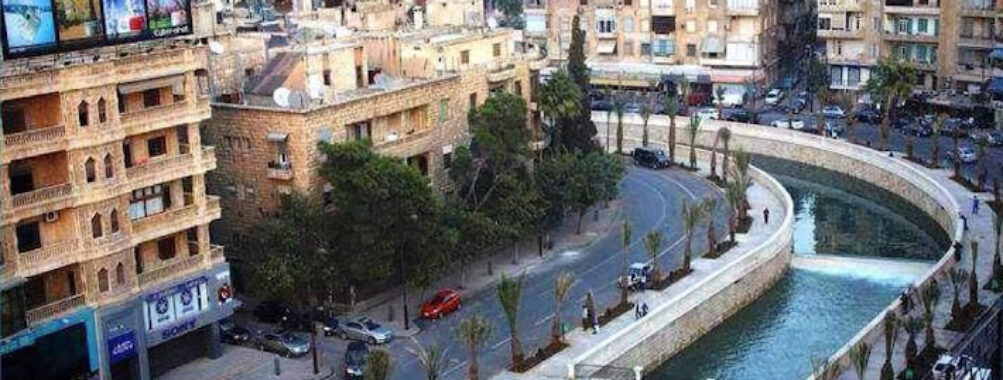
Aleppo
Table of Contents Aleppo, one of the oldest continuously inhabited cities on Earth, sits in northern Syria, carrying the weight of thousands of years of history in its stone walls and narrow lanes. It’s a city that feels like a living museum—though not in a sterile, glass-case kind of way. Here, the past breathes through the scent of spices in the souks, the echo of footsteps in ancient courtyards, and the weathered smiles of locals who’ve seen both glory and hardship. I remember walking through the Old City years ago, before much of it was damaged, and being completely mesmerized by the blend of cultures—Arab, Armenian, Kurdish, Turkish—all leaving their mark on the architecture and cuisine. Even after the difficult years of conflict, Aleppo continues to rebuild itself with quiet resilience. The Citadel, rising proudly at the city’s heart, still commands awe. The Great Mosque, though scarred, remains a symbol of endurance. And the souks—those endless labyrinths of copper, silk, and soap—are slowly coming back to life. Travelers who make their way here today often describe Aleppo as a place of profound emotion. It’s not just about sightseeing; it’s about witnessing survival, heritage, and the human spirit in its rawest form. You don’t just visit Aleppo—you feel it. The best time to visit Aleppo is during spring (March to May) or autumn (September to November) when the weather is mild and the skies are clear. Summers can be scorching—especially in July and August—while winters bring a surprising chill, sometimes even frost. I once visited in late April, and it was perfect: the air carried just a hint of jasmine, and the evenings were cool enough for long walks through the Old City without breaking a sweat. Plus, during these months, there’s a certain optimism in the air as locals prepare for festivals and markets reopen after winter’s quiet. Visiting during these shoulder seasons also means fewer crowds and more opportunities to interact with locals. You’ll likely find artisans working in their shops, children playing in courtyards, and families sharing coffee in the open air. It’s a time when Aleppo feels alive in the most genuine way. Reaching Aleppo today requires a bit of planning, but it’s absolutely doable. The city is accessible by road from Damascus, Hama, or Latakia, and there are periodic flights connecting Aleppo International Airport with major cities in the region. If you’re traveling from abroad, most visitors fly into Beirut or Istanbul and then connect via land or regional flights into Syria. It’s worth checking the latest travel advisories and local regulations before setting out. Once you’re in Aleppo, taxis and private drivers are the most reliable ways to get around. Public transport exists but can be unpredictable. Honestly, though, the best way to experience the city is on foot. Walking through its ancient alleys, you’ll stumble upon hidden courtyards, small bakeries selling fresh flatbread, and unexpected street art that tells modern stories of hope. I still remember getting lost near the old Armenian quarter—it turned out to be one of the most memorable afternoons of my trip. Traveling to Aleppo isn’t like visiting your typical tourist destination—it’s deeper, more personal, and, at times, humbling. Here are a few tips to make your visit meaningful and smooth: One last thing—don’t rush. Aleppo isn’t a place you “check off” a list. It’s a city that asks you to slow down, to listen to the call to prayer echoing through its alleys, to sip tea with strangers who quickly become friends. I still think about the old soap maker I met near the Citadel who told me, “Aleppo always comes back.” And he was right. The city may bear scars, but it also radiates an undeniable strength and beauty that few places on Earth can match. So if you’re the kind of traveler who values authenticity, history, and human connection over glossy perfection, Aleppo will leave a lasting mark on your heart. It’s not just a destination—it’s a lesson in resilience, culture, and the timeless spirit of humanity itself.Description
Key Features
Best Time to Visit
How to Get There
Tips for Visiting
Location
Places to Stay Near Aleppo
Find and Book a Tour
Explore More Travel Guides
No reviews found! Be the first to review!